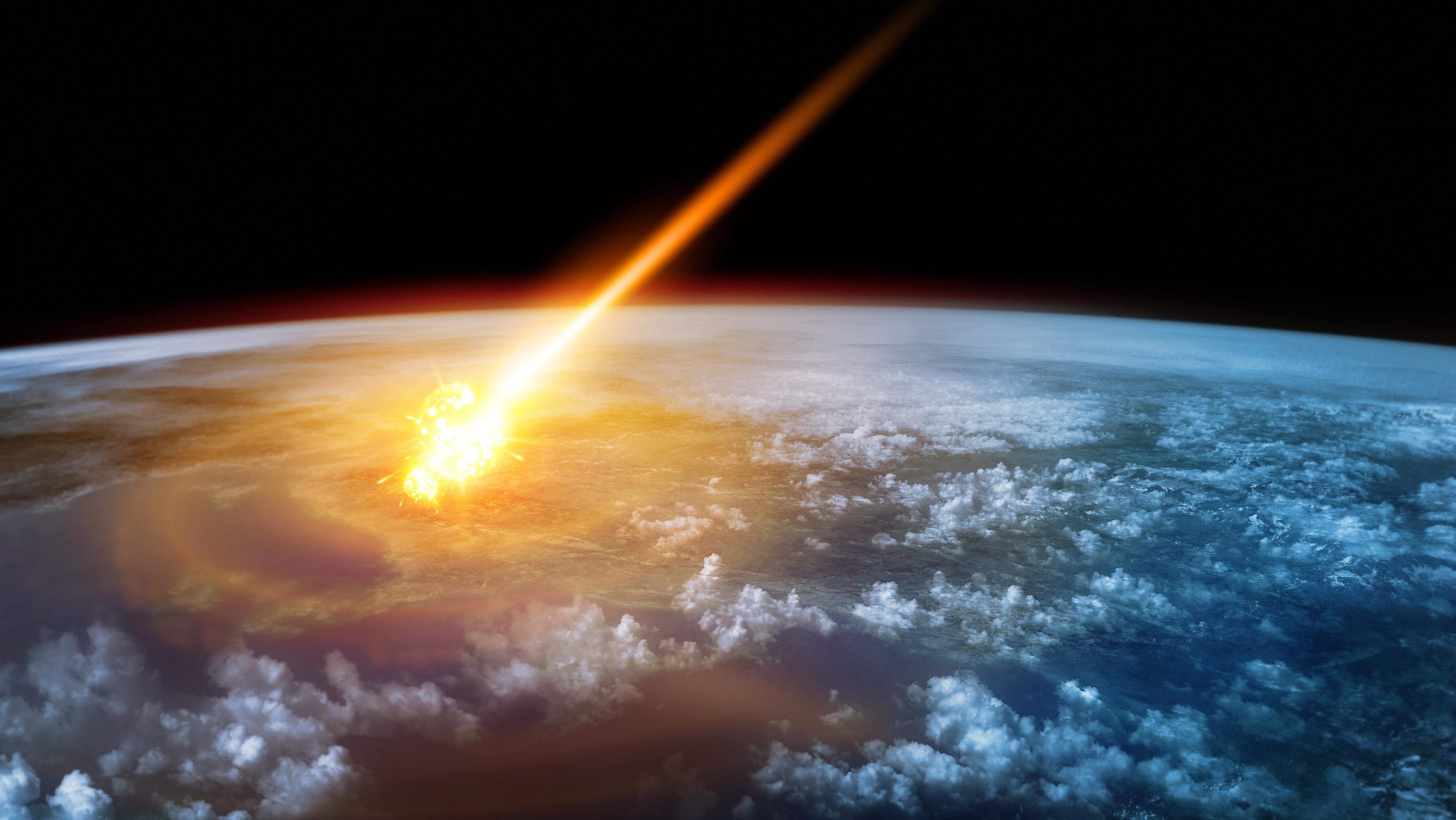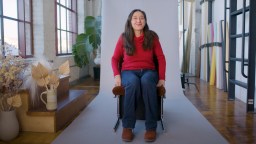If you pay too much attention to negative stories in the media, you might get the impression that the world is all doom and gloom — that humanity is headed for catastrophe. After all, things like climate change, wealth inequality, and political polarization are real problems that demand big solutions.
To some people, the state of our world is so bleak that they wonder whether it’s ethical to have children. But that’s a short-sighted worldview, according to Ari Wallach, author of Longpath: Becoming the Great Ancestors Our Future Needs.
Wallach notes that even though our modern world has plenty of flaws, our lives are far better today than they would have been 100 or 1,000 years ago. And that’s thanks to achievements in all fields of human endeavor — from science to philosophy — that people work toward every day.
ARI WALLACH: So I often get asked, which is an odd thing to ask a futurist, "Should I bring a kid into this world? I mean, look at all the problems right now- it makes the most sense either ethically, or from a climate change perspective, not to do it." Things are really bad right now in a moment-to-moment level: be it climate change, be it race or economic justice, and a host of other issues. But, if we actually step back and don't look at the headlines or the breaking news alerts about how bad things are, and look at things from a hundred-year or even a thousand-year perspective, where we are as a species right now is amazing in terms of science, technology, morality, values. Having children, in many ways, is a radical act of hope and courage for a better tomorrow.
Homo sapiens have been making short and long-term decisions for a very long time. Yes, we built the Panama Canal, we built the transcontinental railroad, we did the Marshall Plan. At the same time, we would create laws and ways of being that would deal with the injustices of 400 years past, by actually doing things that were very short-termistic, that we are still dealing with today. So what we do is we develop these 'sandbag strategies,' which means it works well enough. It doesn't deal with the underlying issue that you built a house in a flood plane or that we're going to see more refugees fleeing because of climate change. It means we're just dealing with it in the here and the now. And then when we actually don't deal with these short-term things that we've done these sandbag strategies, we see that we are going to be dealing with them in multitudes at an exponential level for decades to come.
That being said, moving us forward as a species doesn't mean giving up. It doesn't mean going up a dark mountain, and pulling down the shades, and saying, "That's it." There's still so much more for us to do, and one of the ways of doing that is actually perpetuating our species and having us move forward. If I think about my dad, who was born in the 1920s, who survived the Holocaust and moved forward, having seen what he saw, the worst of humanity, he still went ahead and had a family. He had children. There are some rough times ahead. What we do now matters, and one of those things is having radical hope and having awe towards what tomorrow could be. One way of doing that is having children. I'm not saying it's going to be perfect. It wasn't perfect for me, it wasn't perfect for my dad. But every year that moves forward, the arc towards progress actually does bend towards a better tomorrow.
The best thing you can do for your kids right now is not create a 'Shangri-La' picture of what they're going to be going into, but giving them the tools to be better humans so that they themselves are setting themselves up to be great ancestors to future descendants. So for our kids, they will be moving through a time that will be in some ways difficult, in some ways easier, but it's going to be more magnificent than anything we've ever known because we are consistently seeing us as a species pushing ourselves more forward when it comes to the morals that we need to be the great ancestors of future needs.







